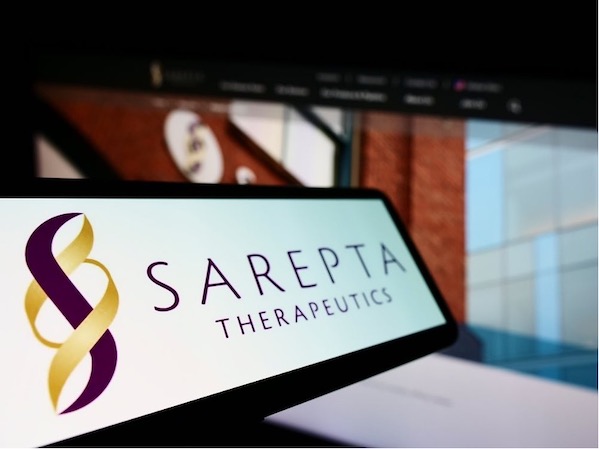FDA approves Duchenne gene therapy with hefty $3.2m price tag
June 25, 2023
Source: drugdu
 261
261

Children with a confirmed mutation of the DMD gene – responsible for causing Duchenne muscular dystrophy (DMD) – are closer to receiving the first gene therapy for the disease after the US Food and Drug Administration (FDA) approved Sarepta’s highly anticipated Elevidys (delandistrogene moxeparvovec-rokl).
On a conference call following the approval, Sarepta CEO Douglas Ingram said the company has set the wholesale acquisition cost of Elevidys at $3.2m.
After a narrow US Food and Drug Administration Advisory Committee (AdCom) panel vote and a delay to the Prescription Drug User Fee Act (PDUFA) date, Sarepta’s therapy crossed the approval finish line. The decision, which came through the accelerated approval pathway, is for children ages four to five with a confirmed mutation in the DMD gene.
As per Sarepta, Elevidys’ price is below the cost-effectiveness range, which is estimated to be between $5m and $13m.
Sarepta’s adeno-associated virus (AAV) mediated therapy delivers a gene encoding a shortened form of dystrophin to skeletal muscle cells, which the company has dubbed Elevidys micro-dystrophin. The FDA granted accelerated approval based on data from Sarepta that showed the therapy-induced increase in micro-dystrophin expression is likely to predict clinical benefit.
Sarepta will need to prove concrete clinical benefit by completing a confirmatory trial. Data from the Phase III trial (NCT05096221) – named EMBARK – will be submitted to the FDA to prove the therapy improves physical function and mobility in ambulatory DMD patients. During the AdCom panel, the gene transfer therapy’s ability to improve motor function was debated based on the available data.
If the Phase III trial meets its endpoint of a change in North Star Ambulatory Assessment (NSAA) score from baseline at a one-year follow-up, the therapy could be a game-changer for patients with DMD, who often do not live beyond 30 years of age.
Most current treatments, such as corticosteroids and the use of movement-aiding equipment, address symptoms of the disease. While there are approved targeted therapies that use antisense oligonucleotides, including those marketed by Sarepta such as Exondys 51 (eteplirsen), Vyondys 53 (golodirsen) and Amondys 45 (casimersen), these can only address a minority of gene mutations and require repeated administration, according to the FDA. Sarepta’s gene therapy is only contraindicated in patients with a deletion in exon 8 and/or exon 9 in the gene coding for dystrophin, and it needs only be given once as a single intravenous dose.
Ingram said: “Our confirmatory trial, EMBARK, should read out in the fourth quarter of this year. If EMBARK confirms the benefits seen in our prior trials, Sarepta will move rapidly to submit a BLA supplement to expand the approved label as broadly as good science permits.”
FDA Centre for Biologics Evaluation and Research director Dr Peter Marks said: “Today’s approval addresses an urgent unmet medical need and is an important advancement in the treatment of Duchenne muscular dystrophy, a devastating condition with limited treatment options, that leads to a progressive deterioration of an individual’s health over time.”
Reference:https://www.pharmaceutical-technology.com/news/fda-approves-duchenne-gene-therapy-with-hefty-3-2m-price-tag/
Read more on
- Phase III Clinical Trial of Recombinant Staphylococcus Aureus Vaccine Progressing Normality January 21, 2026
- Its drug marketing application for injectable iza-bren has been accepted January 21, 2026
- Kain Technology withdrew a drug registration application, resulting in a profit reduction of 111 million yuan in 2025 January 21, 2026
- Received Notice of Approval for Drug Clinical Trial January 21, 2026
- Breaking news! AstraZeneca to be delisted from Nasdaq. January 21, 2026
your submission has already been received.
OK
Subscribe
Please enter a valid Email address!
Submit
The most relevant industry news & insight will be sent to you every two weeks.



